Lessons from LGBTQ+ history can help us to foster inclusion in the present day
In partnership with myGwork.
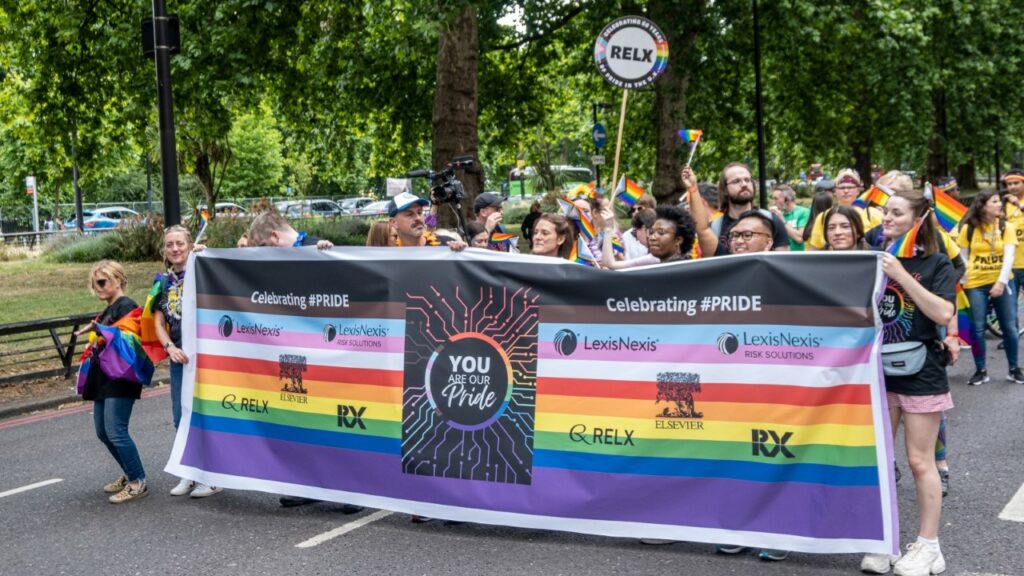
This month marks LGBTQ+ History Month – a vital time in our calendars to look back at the too-often invisible past of the LGBTQ+ community, to celebrate what has been achieved, and learn from our past.
LexisNexis Risk Solutions and RX are commemorating the month by sharing thoughts and lessons from across their team, with unique perspectives on how we can all harness the lessons from LGBTQ+ history to cultivate inclusion today.
“LGBTQ+ History Month is a great moment to stop and reflect on the progress made by the trailblazers who continued to fight for the equality and equity that we all benefit from today,” shares Jo Portlock, Vice President of Diversity, Inclusion, and Early Careers at LexisNexis Risk Solutions, explaining why they have brought their teams together to reflect on poignant moments throughout history and how these can be applied to our ongoing journey towards equality.
Thanks for chatting with us! Can you tell us a bit about yourselves?
Adam Cartledge: My name’s Adam and I’m the Director of Global Sales Enablement at RX. I’ve spent pretty much my whole career in sales and sales-related roles. I have a masters in business administration from the University of Liverpool and I’m a proud dad of a rescue parrot called Pineapple.
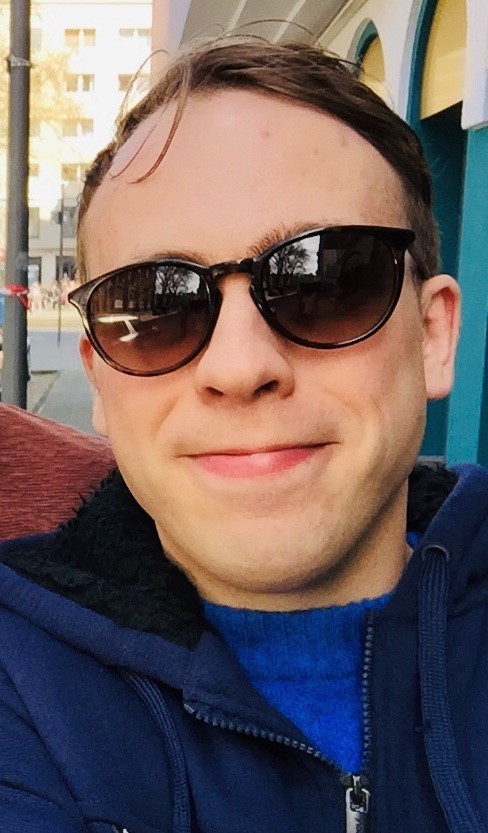
Amanda Turner: My name is Amanda Turner, and I work for LexisNexis Risk Solutions as a Senior Data Analyst. I currently live in Ohio and am planning to relocate to The Netherlands this summer. I have a wife and 2-year-old twin boys.
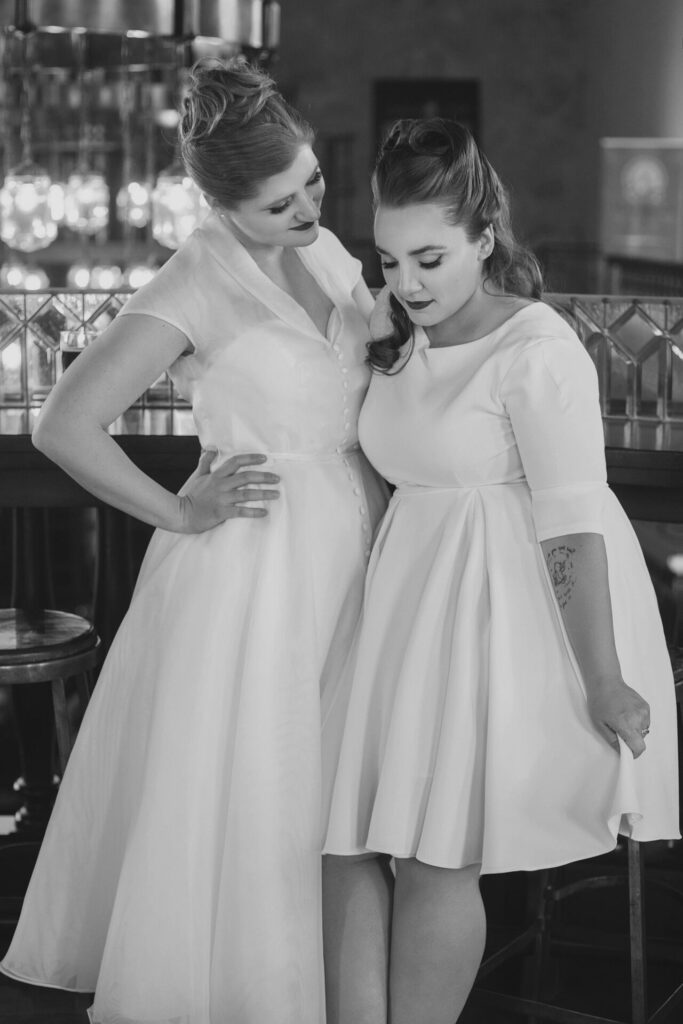
Hugo Citerne: Happily so! I’m Hugo, 27. I live in Paris, and I’ve been doing my whole career at RX. I started as an intern to finish my master’s degree. Then, I took over from a colleague who went on maternity leave and finally, I got an opportunity to stay as a permanent International Sales Executive.
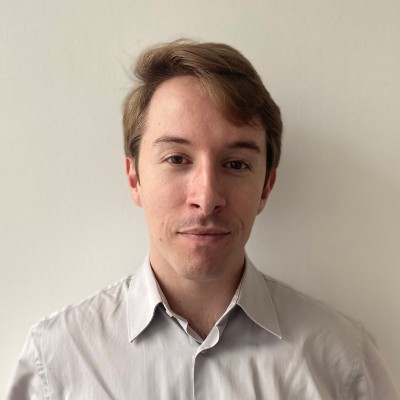
Martin Hiller: I’m Martin, the ultimate Boston Terrier dad, half marathon runner, and event director extraordinaire. My love for my Boston Terriers is so intense that I’ve even tried to teach them how to speak human language. Unfortunately, all I’ve managed to get them to say so far is “woof” and “bark” – but I’m convinced they’re getting close to cracking the code.
My other pastime is finding new and exciting races to run, and I’m is always up for a challenge – even if it means running in the pouring rain or through knee-deep mud. I’ve run so many half-marathons that I’ve lost count. With passion for bringing ideas to life and creating unforgettable experiences that leave a lasting impression, I started my career as a graphic designer, then I become an editor of an event’s publication and then I took the plunge into the actual organization of them.
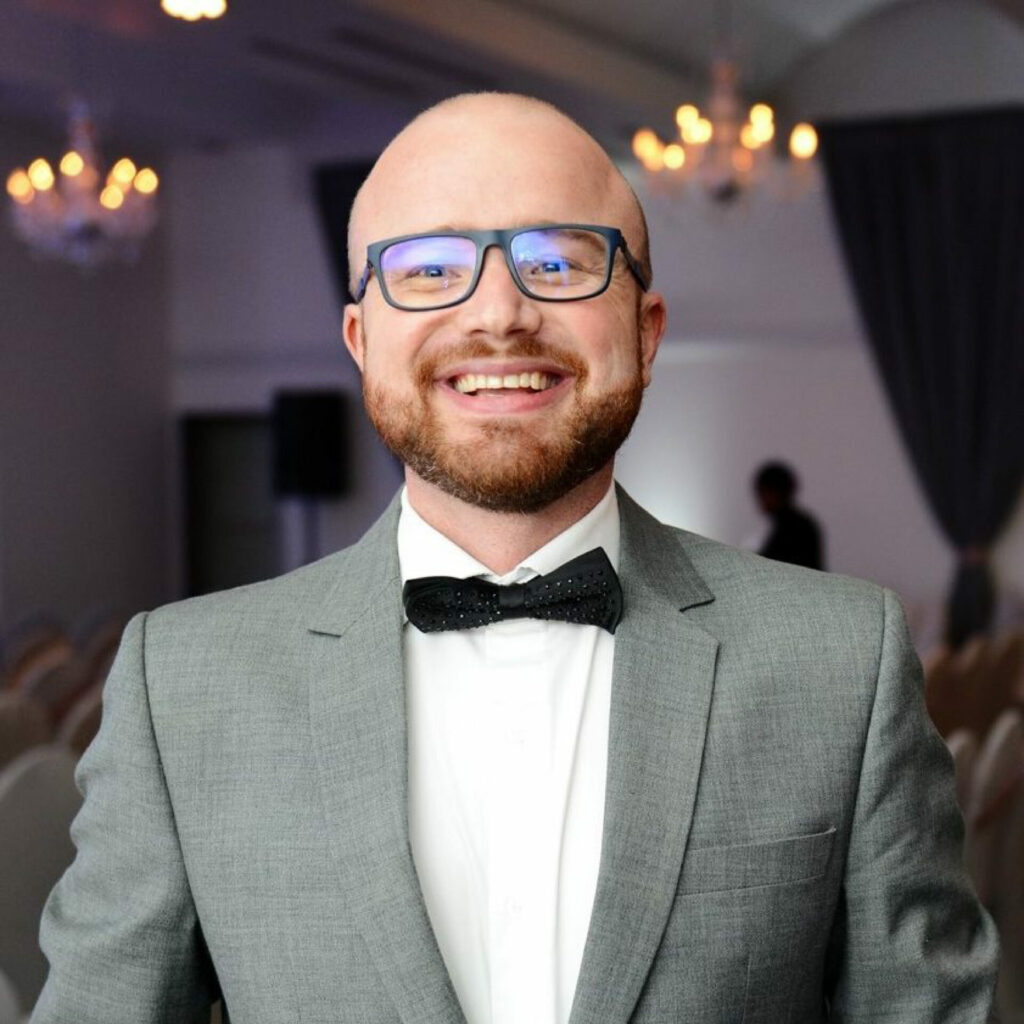
Michele Tiley-Hill: I grew up in a very happy and supportive family. I’m the eldest of four girls and I imagine my sisters would describe me as “the bossy one”. There’s probably some truth in that! My parents have always been supportive of us pursuing any opportunities, gender barriers didn’t even cross our minds, and at this early point in my life and growing up I really had no clue that I was gay.
I didn’t know what I wanted to do in terms of career, so I went to university to read something that I was interested in, Sports Science and Geography. When I left, I was still none the wiser in terms of career choice but knew I wanted to go into business. So, I joined KPMG and gained my accountancy qualifications. And since then, I have always been in finance with differing roles across live entertainment, media, and exhibitions sectors. Since 2017, I have been CFO of RX, a division of RELX plc.
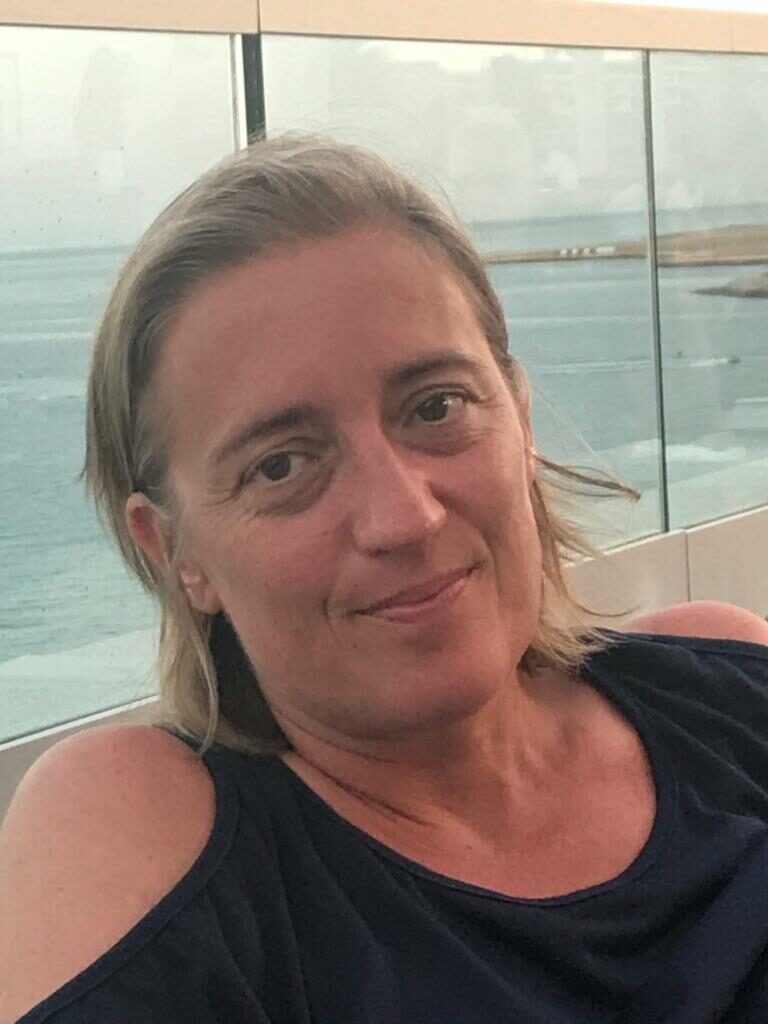
Rashid Bin Sadauna: I have been openly gay since I came out in 1991 when I was 18 years old. Happily married with one stepdaughter. I’ve been with LexisNexis Risk Solutions for almost 6 years now, started as an Outreach Agent to a Product Manager.
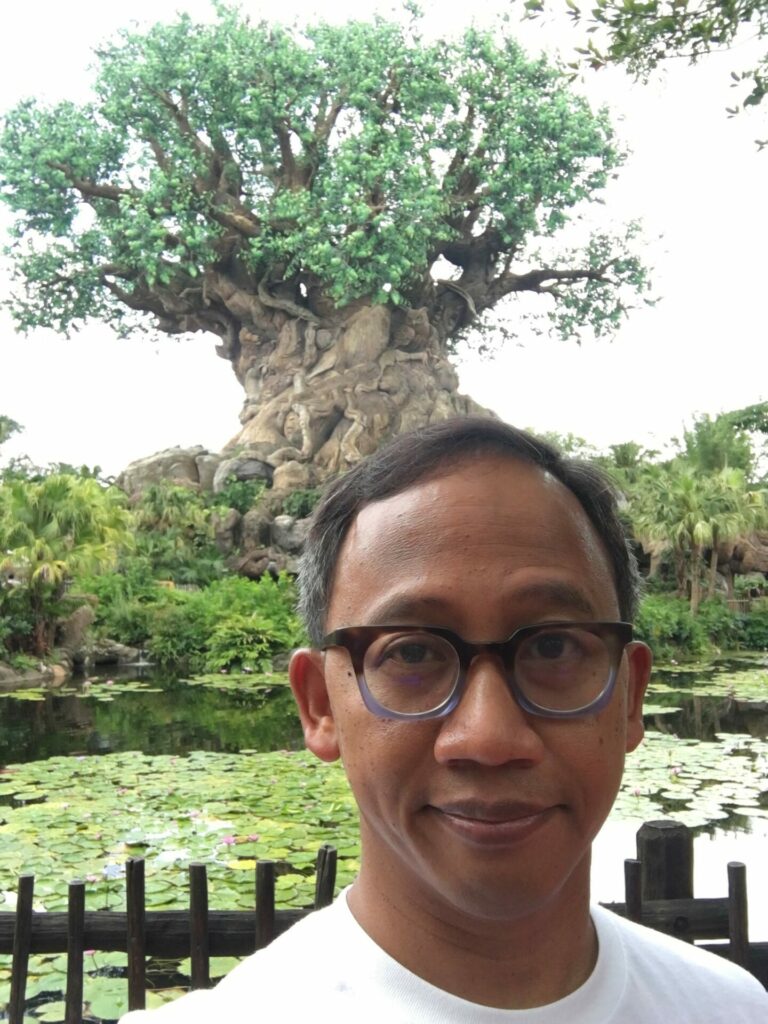
Rich Petrosino: I am from the baby boomer generation, where talking about your sexuality was not widely accepted. Like many men, I lived in the closet for many years behind a mask. I was married at a young age, had three wonderful children.
In my mid-40s, my wife and I divorced, and I started to accept myself more and more each year. It was a long process to begin removing my mask and it didn’t come easy for me. It wasn’t until my mid-50s that I became comfortable with myself and didn’t let things bother me so much. What helped me the most is joining the Pride Employee Resource Group and reading my employer’s D&I Strategy document. That, along with my co-worker’s acceptance helped me get the courage to be my true self, learn how to be vulnerable and let people in, and believe in myself.
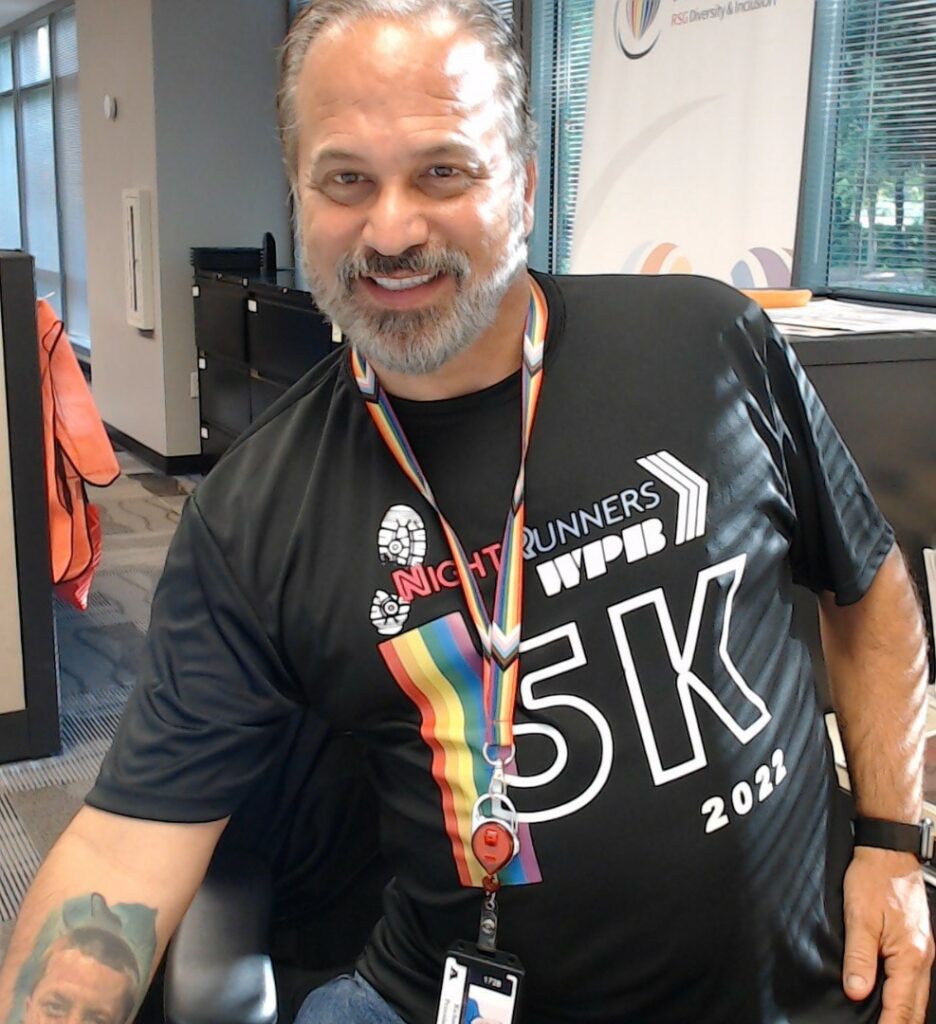
What will you be doing to celebrate LGBTQ+ History Month this year?
Adam: I’ll be taking the opportunity to engage in the conversation, whether it’s with colleagues, friends, family members, or strangers. I believe when we learn about other people’s lived experiences, it opens our minds, dispels any stereotypes and misconceptions, and helps build allyship. This year, I’ve been invited as a panelist to talk about the importance of LGBTQ+ History month in an interview with Dr. Elly Barnes, Founder of Educate and Celebrate. I’d like to celebrate by trying to contribute to a better understanding of LGBTQ+ issues. Let’s face it, in the UK in 2023, we need to do better, and in particular, we need to start treating trans people with the dignity and respect they deserve.
Were you taught LGBTQ+ history in school? What impact did this have?
Amanda: I don’t remember ever reading about any gay history in grade school. Any prominent gay figures in history had that part of their life whitewashed away with their partners being represented as “good friends”. I didn’t learn about anything positive that had to do with gay culture at all.
As an adult, I had to search for that information myself gleaning references to Stonewall and organizations like HRC from the early Pride Festivals I attended. I didn’t know that being gay meant that I had a history, a story, a fight, or even a community until I sought it out. I want my kids to see and hear stories about all walks of life in school. I want them to know that the LGBTQ+ community has always existed.
Hugo: This is a very easy question, and the answer is: no. Had I been taught, it might have been a little easier to come out, to know that people like me were also recognized for what they’ve been doing in society.
Rashid: There was no LGBTQ+ history curriculum when I was in school. It affected me mentally and emotionally. I wasn’t sure if there were others who were like me out there when I was growing up. Back then, I felt like an outsider all the time. I also believe that my school experience would have been more positive if there were more historical LGBTQ+ figures included in the curriculum.
Adam: When I was in secondary school, Section 28 and a series of laws across Britain that prohibited the “promotion of homosexuality” in schools were in place. This meant teachers were ill-equipped to deal with the typical needs and concerns of a gay kid growing up in the school system at that time. In my school, bullies were able to get away with being openly homophobic with near impunity. I was lucky to have that one brilliant teacher (she knows who she is) who helped me to accept I was normal, that there was nothing wrong with who I am, and that there were other people like me out there. Section 28 was finally repealed when I was 20 (showing my age now).
Michele: Absolutely not. My school years coincided with Section 28 legislation. I didn’t really begin to understand what this meant until my friends started to discuss it, and I began to question my own sexual orientation. It wasn’t until university that I started to attend Pride events.
But if I talk to my children, who are secondary school age, they can’t imagine how or why the promotion or acceptance of homosexuality in schools would ever have been an issue in the first place. Even today, whilst school life may be more inclusive, LGBTQ+ history is not covered in the curriculum. If I was at school today, I would much prefer to learn about the human rights movement than other topics in the history curriculum.
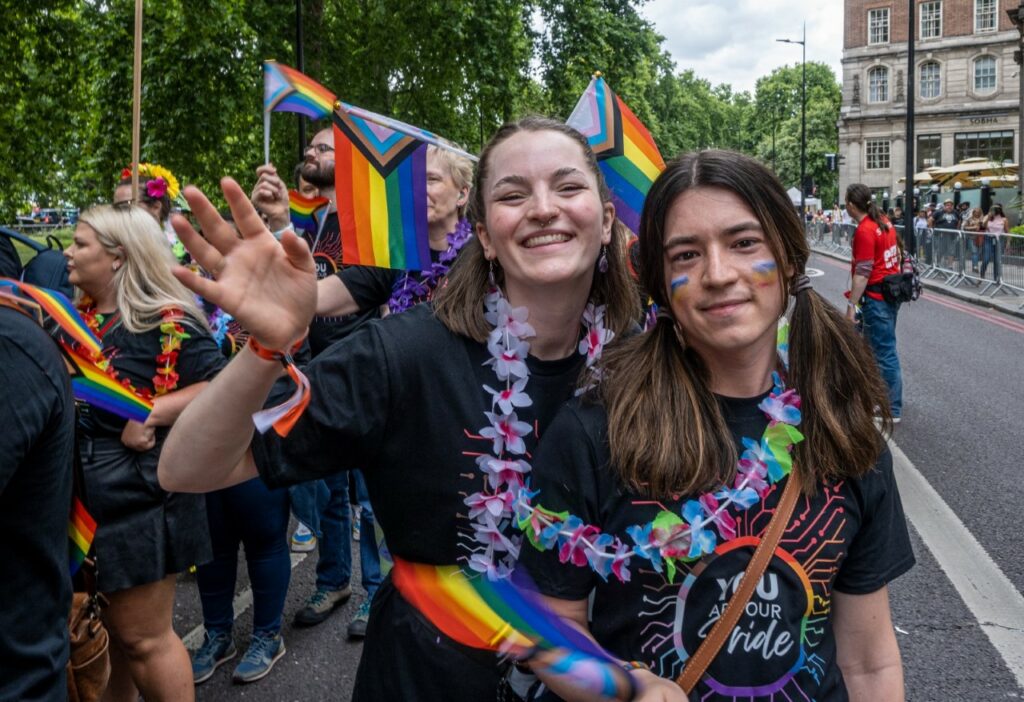
If you could add anything from the history of the LGBTQ+ human rights movement to the school curriculum, what would you add?
Amanda: I would hope that they have added LGBTQ+ stories and history to the school curriculum, but sadly I know that they haven’t. In the US there is a fight happening to further erase LGBTQ+ people from history in the form of book banning and legislation making it illegal to discuss these topics in schools. In the future, I hope that they add the history of what is happening now and how our children are being used as strawmen for bad faith politicians to pass discriminatory laws. I would add that representation matters. The first time you see other people like yourself can be life changing, and I would hope that by adding more diversity to our teachings young people can find their tribes much sooner in life.
Rich: I’m not sure which historic concept is the best added to the school curriculum but teach everyone to think about things from a different person’s perspective. LGBTQ+ children struggle internally with how they might be different, they might be bullied, or need an outlet to learn and talk about themselves. Teach all students that they are important, there isn’t one ‘norm’ to conform to, and acceptance is an important part of society and maturing.
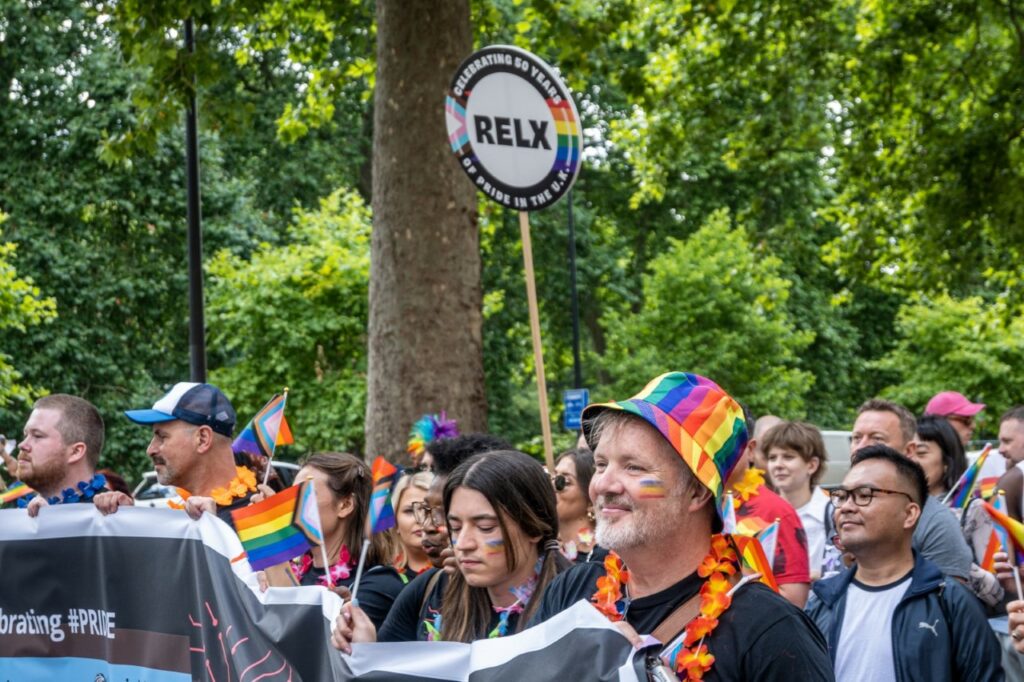
Is there a story or person from LGBTQ+ history that is important to you – what does this piece of history mean to you?
Rashid: The Stonewall riot. If it is not for the Stonewall riots, we will not be where we are today. That day emboldened the LGBTQ+ community to begin seeking rights and equality. I would never have the right to marry my husband if not for the Stonewall riots. It also allows me to be who I really am not just at home, but at work and in the community. It also has motivated me to be more vocal and active about LGBTQ+ issues.
Martin: Alan Mathison Turing was an English mathematician, computer scientist, logician, cryptanalyst, and theoretical biologist. He’s widely considered to be the father of theoretical computer science and AI. For those who don’t know, he worked for the Government Code and Cypher School at Bletchley Park, and he played a crucial role in cracking intercepted coded messages that enabled the Allies to defeat the Axis powers during WWII. After the war, he was prosecuted for ‘homosexual acts’ under public indecency laws of the time and was chemically castrated. He took his own life in 1954 and was finally pardoned posthumously by Queen Elizabeth II in 2013. His story characterizes LGBTQ+ history in the UK in the past century. It’s a story about brilliance, tragedy, and delayed justice. ‘Alan Turing’s law’ passed in 2017 which retroactively pardoned men cautioned or convicted under historical legislation that outlawed homosexuality in the UK.
Michele: Alan Turing (1912 – 1954). Two incredibly significant yet differing stories.
The first is the national hero, a forward-thinking mathematical genius, who broke the Enigma code, a turning point in the Second World War, saving millions of lives. The second is an innocent man convicted of the crime of homosexual acts and given the choice of jail or hormone treatment. And his subsequent suicide.
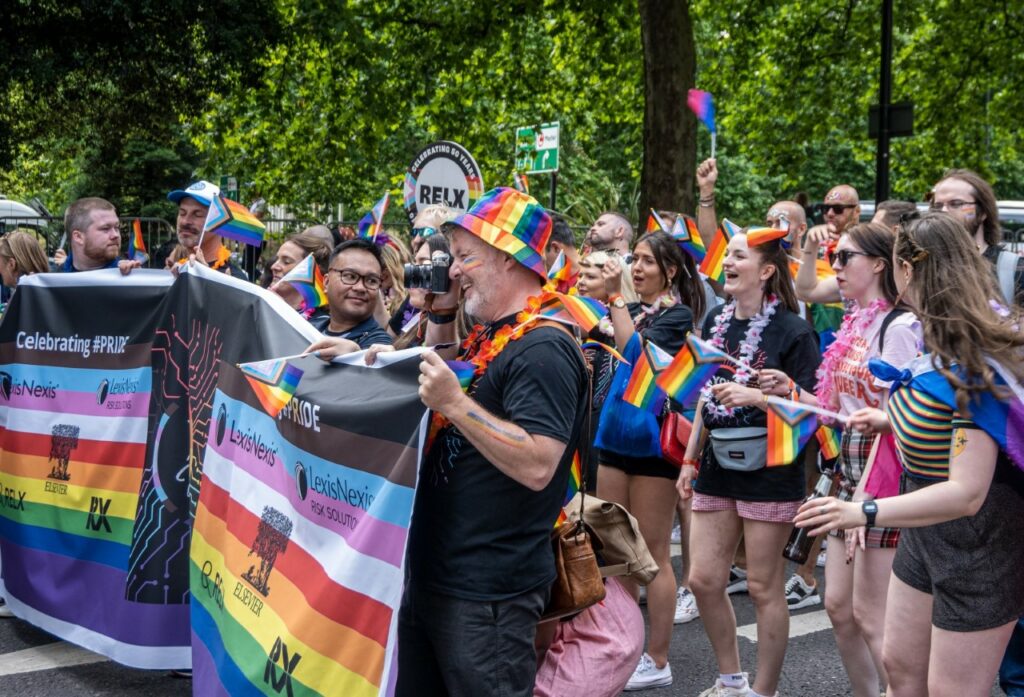
What advice would you give someone wanting to learn more about LGBTQ+ history?
Hugo: I would advise them to seek help. Reach out to queer people or associations. And if you don’t feel comfortable, watch LGBTQ+ films, TV shows etc. RuPaul’s Drag Race is filled with culture and references, and it taught me much.
Rashid: There is more information out there now than ever before. Information is also a mouse click away. Go to local libraries or shop online for LGBTQ history books. Go to the big cities and visit LGBTQ+ Museums. If you like watching television, there are great LGBTQ+ documentaries on streaming services. Lastly, don’t be shy to talk to your local LGBTQ+ organization where you can learn more about your community. Be open to listening to other people sharing their stories. All of us have a journey that we took to be part of the LGBTQ+ community. Some people might have iconic stories to tell but all of our contributions matter and add to the historical mosaic.
Martin:
Start with the basics: Begin by familiarizing yourself with the key events, movements, and figures in LGBTQ+ history. This could include the Stonewall riots, the AIDS crisis, Harvey Milk, and the fight for marriage equality.
Read books and articles: There are many books and articles available that delve deeper into LGBTQ+ history, including memoirs, biographies, and historical accounts. Some of my favorite books include: Beyond the Mountain by Steve Isobell, Fruits of Democracy: LGBTQ Rights in South Africa edited by Zethu Matebeni, and We’re Queer and We’re Here: An Illustrated History of the Gay and Lesbian Movement in South Africa by Graeme Reid
Watch documentaries and films: There are many documentaries and films that explore LGBTQ+ history, including Before Stonewall, Paris is Burning, and The Times of Harvey Milk.
Attend LGBTQ+ events and exhibits: Many museums, galleries, and cultural institutions host exhibits and events that celebrate LGBTQ+ history and culture.

What’s one thing you’ve learnt from LGBTQ+ history that has become a lesson you’ve taken through life?
Michele: When on an improvement journey; start now and make things better step by step. That’s a lesson I deploy at work on a regular basis.
In my lifetime so much has been changed for the better because of the efforts of many. But inequalities still exist, even in law. Changes in law are often forward facing and, in some cases, discriminative legislation remains.
Rich: A life lesson that LGBTQ+ history has taught me is to be true to yourself and treat people how THEY want to be treated. Be compassionate, and promote kindness towards all individuals regardless of their background, identity, or beliefs. All of this will create a more inclusive and equitable world where everyone can thrive and be themselves.
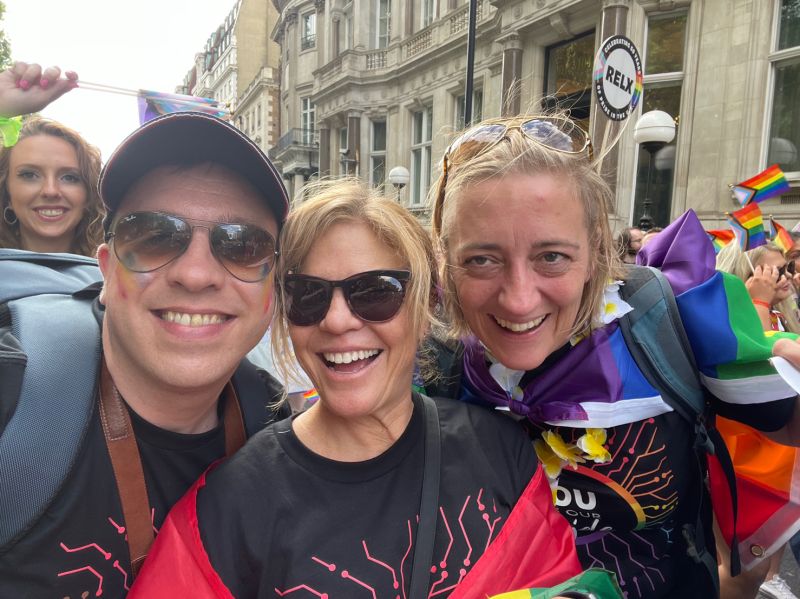
Hugh Jones, RX CEO, adds a final note, on the dedication they have made to create a workplace where everyone can show fully as themselves, every single day: “We are committed to building a strong culture of Inclusion, Diversity, Equity and Belonging here at RX, and to do that it’s really important that we put the right foundations in place. We have introduced unconscious bias training for anyone who leads a team of people, and we’ve formed Global I&D committees representing various diversity dimensions. But our immediate priority is to build our network of Employee Resource Groups (ERGs) – and we’re making great progress from 1 in 2019 3 in 2020 to 10 in 2023.
ERGs give everyone in RX a voice, and also an opportunity. People who are stepping into these volunteering roles are building amazing skills by running and supporting these groups and teaching us so much about who we are, and where we may be falling short. Inclusion and diversity are at the heart of our values and mission and at RX I want everyone to thrive, whoever and wherever they are.”
LexisNexis Risk Solutions and RX are proud partners of myGwork, the LGBTQ+ business community. Find out more about job opportunities at LexisNexis Risk Solutions and RX Global.
